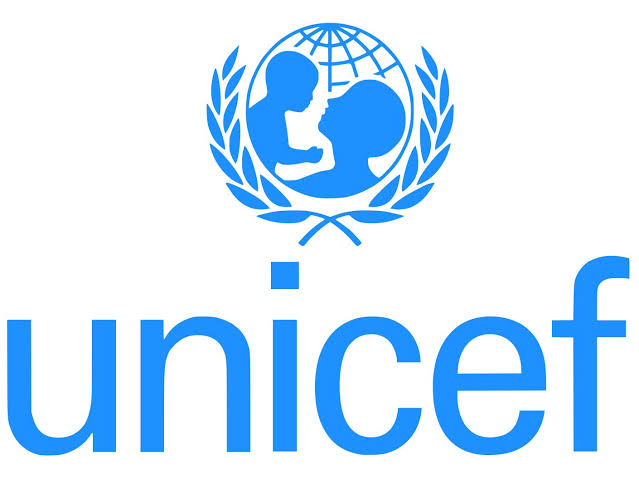According to The United Nations Children’s Fund ( UNICEF) an estimate of 26,039 babies were born in Nigeria on New Year’s Day.
UNICEF’s Nigeria Representative, Mr Peter Hawkins, said on Wednesday in a statement that Nigerian babies account for almost seven per cent of the estimated 392,078 babies believed to be born on New Year’s Day globally.
According to Hawkins, this estimated value is the third highest number of babies in the world, after India with 67,385; and China, 46,299.
Hawkins said: “The beginning of a new year and this year, a new decade, is a chance for us to reflect on our hopes and dreams for the future of Nigeria, especially for those who stand to inherit this country; its children.
“As we start each new year, we are reminded of the potential of each and every Nigerian child embarking on her or his life’s journey if only they are given that chance to survive and thrive,”
However, further analysis showed that 2.5 million newborns died in just their first month of life around the world in 2018; about a third of them on the first day of life.
In addition, more than 2.5 million babies are born dead each year, with more than 400,000 stillborn deaths taking place in Nigeria annually,”
Hawkins said UNICEF’s Every Child Alive campaign has called for immediate investment in health workers with the right training.
According to Hawkins, workers are meant to be equipped with the right medicines to ensure every mother and newborn is cared for by a safe pair of hands to prevent and treat complications during pregnancy, delivery and birth.
He said: “Too many mothers and newborns are not being cared for by a trained and equipped midwife or nurse, and the results are devastating.
We can ensure that millions of babies survive their first day and live into this decade and beyond if every mother has good pregnancy care and every baby is born into a safe pair of hands.
That means having well-equipped facilities with well-trained staff who can be there to welcome every Nigerian child into this world safely and healthily.
This is especially critical as we now only have 10 years to deliver on the global Sustainable Development Goals (SDGs).”

